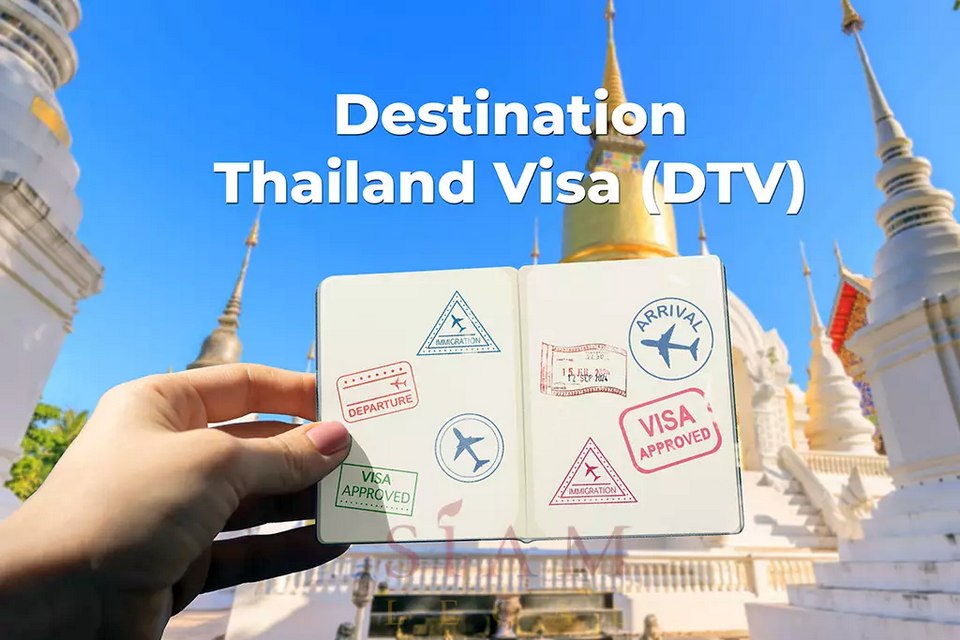
If foreigners are wondering about the detail of DTV applications, embassies of Thailand worldwide will likely understand. Several of those already showing DTV registration fees, such as Laos and Sri Lanka, have yet to publish any information. The more prominent, such as Washington DC and London, have published the guidelines of the original Tourist Authority of Thailand (TAT), but add discreetly that further information could be required. Others, such as the Thai embassy in Cambodia, are waiting for the latest online technology before they can even begin processing DTV.
The most detailed checklist of requirements for the DTV is provided by the embassy in Kuala Lumpur. It goes beyond the TAT-released information. For example, applicants are required to show proof they have a Thai condominium rental agreement or Thai property lease for at least six months ahead. Digital nomads must show a copy of their employment contract or business licence authenticated by the embassy of the country where the company is located. The bank statement to be shown must be at least three months old before concluding, as per the regulations, with a 500,000 baht (US$14,000) or more balance.
The route to DTV via soft power, such as cookery classes or Muay Thai, is also evolving. The TAT regulations specify a letter of acceptance from the sponsoring company but, according to several reports, that company should be registered with the Department of Education in Thailand. This is presumably to prevent “fly-by-night” groups cobbling together a training program to get round the rules. Some embassies require proof of income over the past six months, not just a bank statement showing 500,000 baht here and now.
The notional cost of DTV is 10,000 baht (just under US$300) but all embassies currently operating the visa impose an inclusive service surcharge. For example, the Thai embassies in the USA quote a total of US$400, the London one 300 pounds and the New Zealand diplomatic post the equivalent of 1,000 pounds. (For reasons unknown, the New Zealand Thai embassy is always an outlier on visa fees). Once paid at registration, the fee cannot be returned. Those applicants with a history of significant overstay in Thailand had best think carefully as they can be refused on their past immigration record.
The immigration bureau, not the foreign embassies or the Ministry of Foreign Affairs, is responsible for actual entries and extensions. In an interview, the spokesman for MFA said that Thai immigration officers at airports and borders could ask for updated information throughout the five year period, even though the Ministry was unlikely to do so. The immigration bureau has not commented publicly to date on that issue and officer discretion is the most likely outcome. In the meantime, the best advice is to review carefully the requirements of the DTV in your home-based country or one where you can prove beyond doubt you are temporarily resident. Each embassy is uniquely responsible for the detail within the broad framework agreed by the Thai Cabinet.








